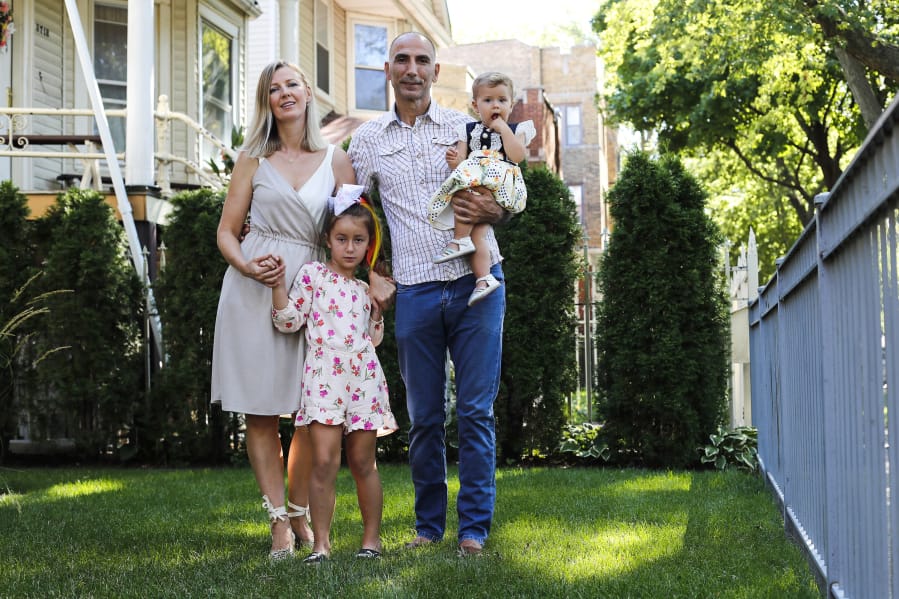Hilton, Sarac’s employer, said in a statement that it is “doing everything to ensure that as many hotel employees as possible continue to receive temporary health benefits during the pandemic,” but, “Unfortunately, the economic impact of the pandemic means these temporary benefits cannot be sustained indefinitely.”
Illinois residents who lose their jobs have a number of options to stay insured.
They are generally eligible for COBRA, which allows them to keep their previous insurance but requires them to pay for the full cost of it, without their previous employer’s contributions. Normally, people have 60 days after they lose their jobs to sign up for COBRA, but the federal government has extended that window until after the “national emergency” of COVID-19 ends. People who don’t choose COBRA right away can sign up for it later, if they have medical problems, and get coverage for medical issues that already occurred.
But COBRA is financially out of reach for many people. The average annual cost of job-based health coverage in 2019, including both the employee and employer contributions, was $7,188 a year for a single person and $20,576 for a family of four, according to the Kaiser Family Foundation.
Many Illinois residents who lose their jobs may also qualify for Medicaid, which Illinois chose to expand under the Affordable Care Act. Before that expansion, Medicaid was open only to low-income people with disabilities, children or certain other circumstances. Now, in Illinois, it’s available to adults without children or disabilities, with incomes up to 138% of the federal poverty level, or up to $1,467 a month for an individual.



